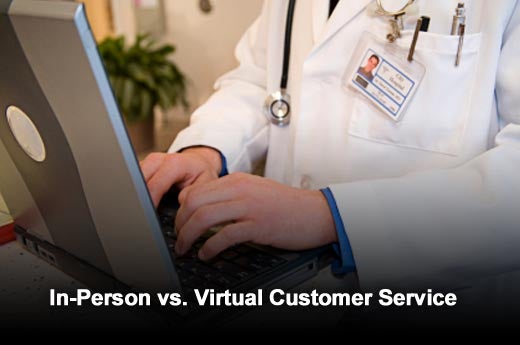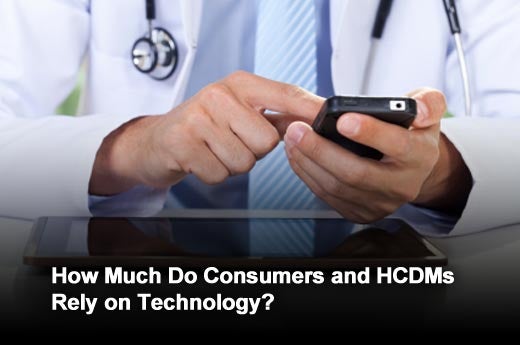Cisco recently announced at the Healthcare Information and Management Systems Society Conference the results of the Cisco Customer Experience Report focused on health care. The global report examined the perceptions of consumers and health care decision makers (HCDMs) on the patient experience in health care.
The results of the report demonstrate that as information, technology, bandwidth, and integration of the network become the center of the “new world,” both human and digital aspects are key parts to the overall patient experience. These components lead to more real-time, meaningful patient and doctor interaction.
The survey studied the views of consumers and HCDMs on sharing personal health data, participating in in-person medical consultation versus remote care and using technology to make recommendations on personal health. Views on these topics differed widely between the two groups (consumers and HCDMs) and the ten geographies surveyed.
The global report conducted in early 2013, includes responses from 1,547 consumers and HCDMs across 10 countries. Additionally, consumers and HCDMs were polled from a wide variety of backgrounds and ages within each country.
Click through for findings from a health care survey focused on patient and health care provider views on personal medical information and telemedicine, conducted by Cisco.
This portion of the survey focused on how comfortable consumers and HCDMs are with sharing personal health and medical information for a better experience. Overall, health care practitioners were more willing to share personal and private information than patients or other citizens. The degree to which all clinicians, patients and citizens are willing to share personal health information and to improve the quality of care varies by geography.
Key findings
- Most consumers are comfortable with having all of their health records securely available on the cloud except for those in Germany and Japan.
- Nearly half of the consumers surveyed and two-thirds of the HCDMs surveyed would be comfortable sharing and receiving health information through social media channels.
- Most North American consumers — nearly 80 percent — are comfortable submitting a complete medical history and diagnostic information to help ensure they have all the information available to treat them and offer the most personal diagnosis possible. Ninety percent of Russian consumers expressed comfort, while 50 percent of Japanese customers expressed discomfort with the idea of submitting DNA.
- Though roughly half of HCDMs believe data protection is adequate for protecting health and medical data privacy in their respective countries, fewer consumers believe data protection is adequate. The largest discrepancy among consumers and HCDMs is observed in Brazil, as approximately two-thirds of consumers feel data protection in their country is adequate while about eight in 10 HCDMs believe otherwise. In the U.S., close to 60 percent of HCDMs expressed confidence while only 40 percent of consumers shared that sentiment.
The report findings challenged the assumption that face-to-face interaction is always the preferred health care experience. While consumers still depend heavily on in-person medical treatments, given a choice between virtual access to care and human contact, three quarters of patients and citizens would choose access to care and are comfortable with the use of technology for the clinician interaction.
Key findings
- Three quarters of consumers indicate they are comfortable with the idea of communicating with doctors using technology instead of seeing them in person.
- In China, Russia and Mexico, nearly three-quarters of consumers would be comfortable communicating with a specialist using virtual technology (e.g. video chatting, text messaging) for a health condition.
- More than 60 percent of consumers from Germany, Japan and the U.S. indicate being comfortable with the idea of being treated by a specialist using virtual technology.
- Patients and citizens will give up anything, including cost, convenience and travel, to be treated at a perceived leading health care provider to gain access to trusted care and expertise.
As machines become connected and networked, they play an even larger role in the overall health care experience. Interest in accessing health information on mobile devices is growing rapidly and is the No. 1 topic of consumer interest in Mexico, Brazil and China.
Key findings:
- About four in 10 consumers indicate they would be interested in receiving recommendations about doctors, hospitals, medication, etc., automatically through their computer or mobile devices.
- While the majority of consumers who have health care apps on their mobile devices indicate their apps are related to healthy eating and exercise, 25 percent indicate they are for chronic disease management.
- Nearly one in four indicates receiving health-related reminders on their device.









